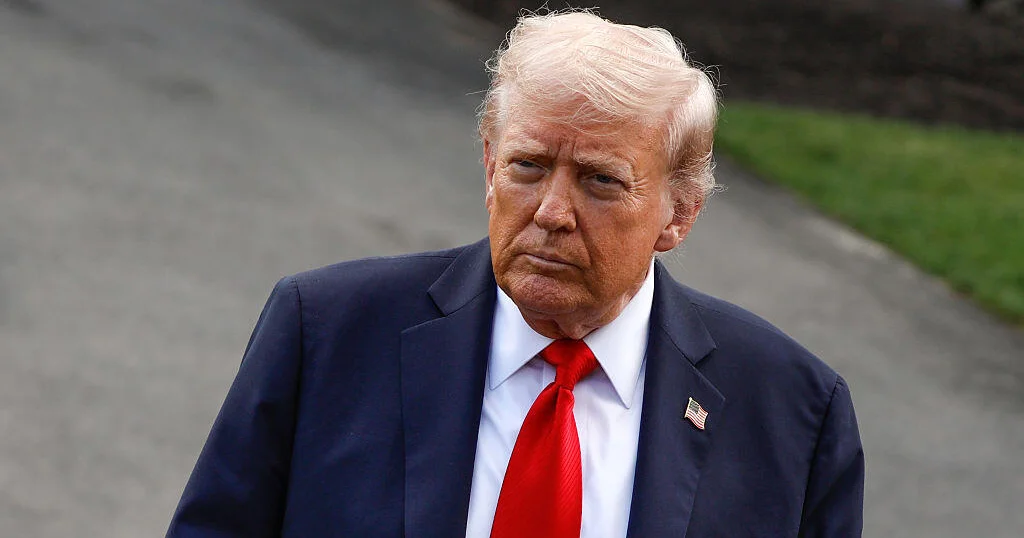Former U.S. President Donald Trump has urged NATO member countries to halt their purchases of Russian oil as a strategic move to end the ongoing war in Ukraine. Trump’s call to action highlights his perspective that NATO’s commitment to resolving the conflict has not been unequivocal.
Trump issued his statement during a public appearance, emphasizing that a collective embargo on Russian oil could significantly impact the financial resources that sustain Russia’s military operations in Ukraine. He believes that cutting off this vital revenue stream would pressure Russia into reconsidering its actions and potentially lead to the cessation of hostilities.
The ongoing conflict in Ukraine, which escalated following Russia’s annexation of Crimea in 2014, has seen significant geopolitical ramifications. Since the start of the war, the European Union, along with NATO allies, has implemented various sanctions on Russia. However, the issue of energy dependency has remained a contentious topic among NATO members.
European nations, many of which are heavily dependent on Russian oil and gas due to historical trade ties and geographical proximity, face a complex challenge. A rapid pivot away from Russian energy resources poses risks of economic instability and potential energy shortages. Some NATO countries have already sought alternative sources and invested in renewable energies, but complete independence from Russian energy is yet to be achieved.
The former president’s appeal comes as NATO continues to support Ukraine through diplomatic channels, economic sanctions against Russia, and military aid. The alliance has maintained that its primary goal is to ensure the sovereignty and territorial integrity of Ukraine while seeking a peaceful resolution to the conflict.
As NATO members deliberate over future strategies, the response to Trump’s call remains uncertain. The geopolitical landscape requires them to balance the immediate need for energy security against the longer-term strategic goal of pressuring Russia to withdraw from Ukraine.
Trump’s comments add another layer to the ongoing debate about energy sanctions and military aid. Some NATO countries have expressed concern about the potential fallout from a complete embargo on Russian energy. They fear that such a move could lead to retaliatory measures, escalating the conflict further.
Moreover, while Trump’s stance receives attention, experts and political analysts argue that NATO’s strategy involves multiple facets. It combines economic sanctions, diplomatic negotiations, military postures, and strategic alliances. The complexity of the situation requires a coordinated multilateral approach.

